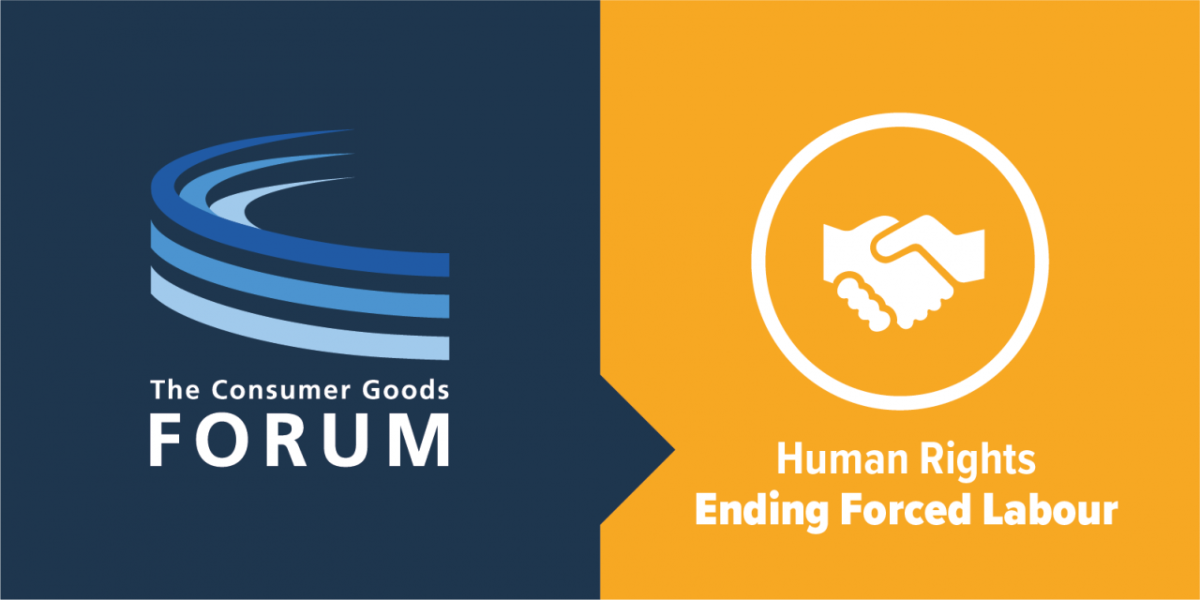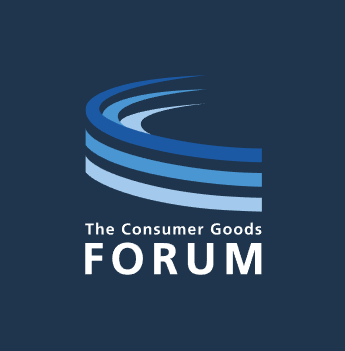CGF Human Rights Coalition - Working to End Forced Labour Launches Stakeholder Consultations on Human Rights Due Diligence Frameworks and Palm Oil Sector Transformation Focused on Addressing Forced Labour

PARIS, October 5, 2020 /3BL Media/ - The Consumer Goods Forum (CGF) Human Rights Coalition – Working to End Forced Labour (HRC) has today launched a public consultation on its framework for the implementation of forced labour-focused Human Rights Due Diligence (HRDD) systems in consumer goods supply chains, as well as its Palm Oil Roadmap, which outlines the necessary steps companies should take to detect, address and remedy forced labour risks in the sector. The public consultation serves as an important step in the Coalition’s ongoing development, and the HRC invites all stakeholders to offer their feedback on the two strategies in order for it to develop and implement the most informed, effective approach possible.
The HRC and its 19 member companies have prioritised HRDD systems and the palm oil industry for several reasons. HRDD systems consist of the processes that aid businesses become aware of actual and potential human rights impacts associated with their operations, enabling them to prioritise and manage the areas of greatest risk and leverage. As a result, the Coalition members have committed to deploying HRDD systems in their own operations with the aim of reaching 100 percent coverage by 2025. Doing so will allow them to have more visibility of and work on the interconnected human rights issues and risks, particularly those that relate to forced labour.
The framework open for consultation outlines a programme maturity journey for businesses to address forced labour through HRDD systems in their own operations.
Meanwhile, the palm oil sector remains a major concern for the HRC given that palm oil is a widely used commodity among HRC members and increasingly, reports and emerging data have pointed to the high risk for forced labour within the sector. In 2018, the CGF commissioned a report with the Fair Labor Association to look at the extent of this complex issue, as well as the role of the consumer goods industry in driving change and eradicating forced labour, focusing on Indonesia and Malaysia.
The HRC’s Palm Oil Roadmap therefore builds on the recommendations of this report and outlines how HRDD systems can be implemented by palm oil companies to identify and address such abuses in supply chains. This complements the Coalition-wide objective for members to work with selected palm oil suppliers to deploy HRDD systems from the plantation to refinery levels by 2023, and use their learnings to scale up actions throughout the industry. The Roadmap has also been developed in consultation with the CGF’s Forest Positive Coalition of Action and Sustainable Supply Chain Initiative, in order to harmonise and concentrate the efforts of CGF members.
Stakeholders are invited to submit their comments by 30th October 2020 on the HRC website, where they can view the HRDD Framework for Own Operations and the Palm Oil Roadmap and learn more about the CGF’s work against forced labour. Comments are also welcome via email to social@theconsumergoodsforum.com.
The Coalition also invites stakeholders to participate in a webinar in which the HRC will explain the documents and to clarify any questions. The webinar will be hosted twice to accommodate different time zones.
-
Europe/Americas: Monday 19th October 4-5 pm CET/10-11 am EST (register here)
-
Asia/Europe: Wednesday 21st October 4-5 pm MYT/10-11 am CET (register here)
Veronika Pountcheva, Global Director, Corporate Responsibility and Senior Vice President, METRO AG, and HRC Co-chair, said, “No one person, company or organisation acting alone can end an endemic issue like forced labour. Stakeholder collaboration is key for our work transforming how our businesses operate and to make sustainable impacts”.
Brent Wilton, Director Global Workplace Rights, The Coca-Cola Company, and HRC Co-chair said, “There are an estimated 25 million people in forced labour worldwide. This is an absolutely unacceptable number and the Coalition members are committed to taking action to improve our own operations so all of our workers are treated fairly and decently”.
---Ends---
About The Consumer Goods Forum
The Consumer Goods Forum (“CGF”) is a global, parity-based industry network that is driven by its members to encourage the global adoption of practices and standards that serves the consumer goods industry worldwide. It brings together the CEOs and senior management of some 400 retailers, manufacturers, service providers, and other stakeholders across 70 countries, and it reflects the diversity of the industry in geography, size, product category and format. Its member companies have combined sales of EUR 3.5 trillion and directly employ nearly 10 million people, with a further 90 million related jobs estimated along the value chain. It is governed by its Board of Directors, which comprises more than 58 manufacturer and retailer CEOs. For more information, please visit: www.theconsumergoodsforum.com.
For further information, please contact:
Didier Bergeret
Director, Social Sustainability
The Consumer Goods Forum
social@theconsumergoodsforum.com
Madelaine VanDerHeyden
Communications Officer
The Consumer Goods Forum
m.vanderheyden@theconsumergoodsforum.com

